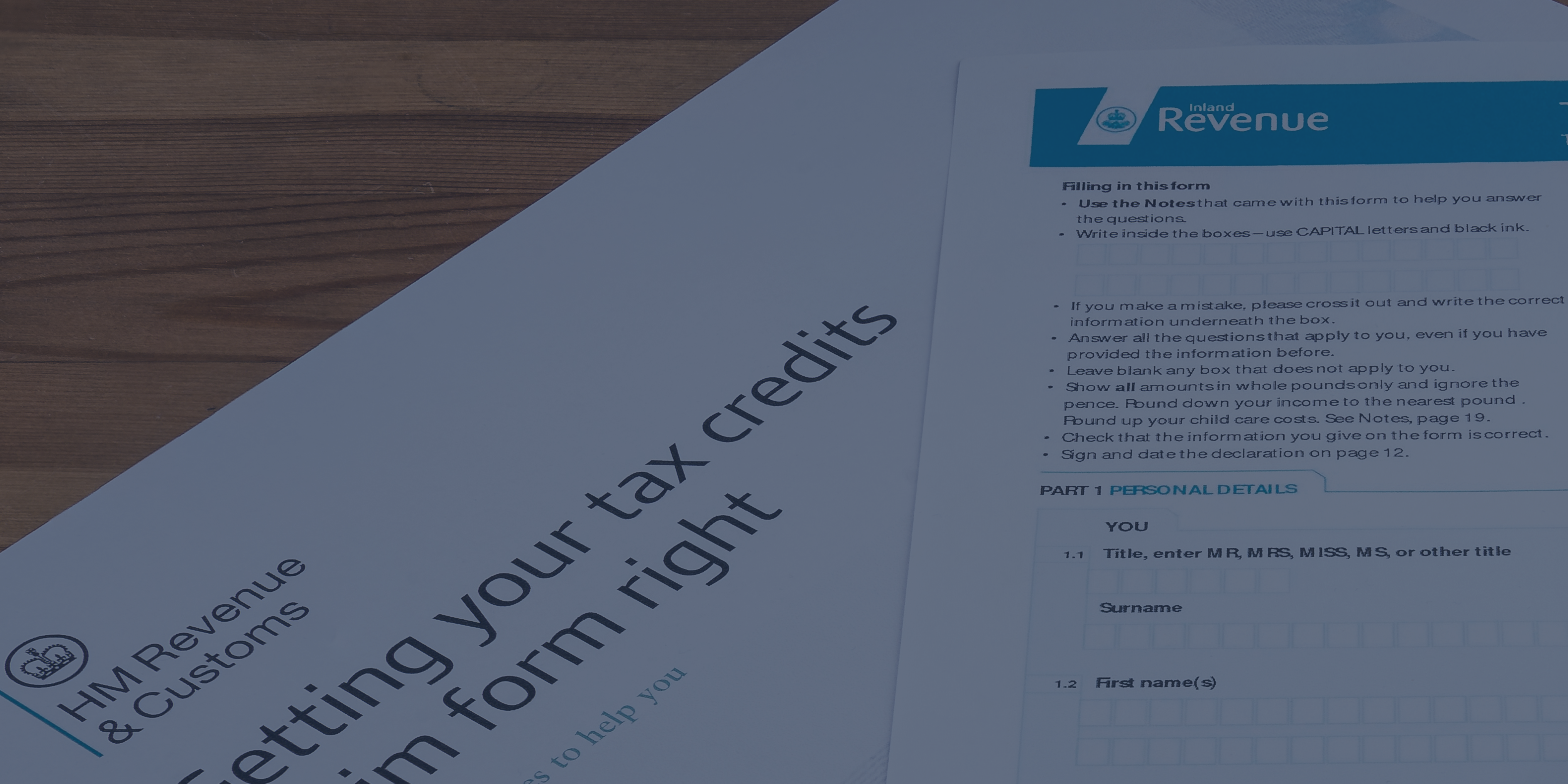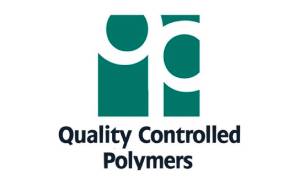Resources
Q&A
It’s a government-backed initiative designed to encourage companies to invest in R&D activities. By claiming, companies can get relief on their corporation tax or receive a cash credit. For a complete understanding and tailored advice, please get in touch with our friendly team.
The main benefits include reduced corporation tax bills or a cash payout, fostering innovation, and improving competitiveness. Reach out to us for specific benefits to your business.
Savings vary based on company size, type, and expenditure. SMEs can claim up to 33% of their qualifying costs. Discuss your potential savings with our specialists.
Activities that aim at advancements in science/technology, solve uncertainties, and are systematic inquiries may qualify. For specific scenarios, consult Business Innovation Group.
Yes, the SME scheme and the RDEC scheme for large companies offer different benefits. Understand which suits your company best by contacting us.
Expenditure covers direct staff costs, software, utilities, and more. We can assist in accurately calculating your eligible expenditure.
You’d require project descriptions, financial breakdowns, and evidence of R&D activities. Let our experts guide you through the documentation process.
Generally, HMRC aims to process claims within 28 days. However, complex claims might take longer. Our team can help streamline your submission.
Yes, the outcome is irrelevant as long as there was genuine research and uncertainty involved. Contact us for more clarity.
Common errors include overlooking eligible costs, inadequate documentation, or misunderstanding qualifying activities. Avoid these mistakes with our expert guidance.
It’s specifically for companies investing in research and development projects. For a comparative overview of incentives, get in touch with us today.
Yes, they can receive a cash credit even if they aren’t profit-making. Understand how with our valuable expertise.
Companies can claim annually after their financial year end. Need help with regular claims? We are here for you!
You can claim for the past two accounting periods. Missed a claim? Contact our specialists for retroactive submissions.
Brexit introduced some changes but the core principles remain. For up-to-date Brexit-related R&D info, contact a member of our friendly team.
While the guidelines are generally applicable, certain industries may have specific considerations. Discuss these nuances with our advisors.
Potentially, yes. The conditions vary based on company size and nature of work. Let BIG’s team navigate the complexities for you.
You’d need to provide evidence supporting your claim. Minimise risks and prepare for challenges with assistance from BIG.
Absolutely! Our company specialises in guiding businesses through the R&D tax credit maze. Reach out to us for expert help.
If the software work involves technological advancements or uncertainty, it might qualify. Discuss specifics with our knowledgeable team.
There are limits based on the size of your business and the scheme you’re applying under. To understand these limits and how they apply to your business, please contact us.
Included costs often involve direct staff costs, software, subcontracted R&D, and consumables. Excluded costs can be capital expenditure, production, and distribution costs. For a comprehensive list and guidance, get in touch with our consultants.
Generally, R&D activities must be UK-based, but there are exceptions, especially if they’re directly billed to the UK entity. Get clarity on overseas projects by getting in touch with BIG’s experts.
Changes are often introduced in the annual budget. For the latest updates, legislative changes, and how they affect your business, please reach out to our advisors.
The UK government has announced a number of changes to the R&D tax incentive scheme that are expected to come into effect on April 1, 2024. These changes include:
- A refocusing of the scheme to support R&D activities that are physically located in the UK.
- A reduction in the SME R&D tax credit rate from 130% to 86%.
- An increase in the RDEC rate from 13% to 20%.
- A requirement for companies to submit a claim notification in advance of making a claim.
Businesses can prepare for the upcoming changes to the R&D tax incentive scheme by:
- Reviewing their R&D activities to ensure that they are physically located in the UK.
- Assessing the impact of the reduced SME R&D tax credit rate on their potential claims.
- Understanding the requirements for submitting a claim notification.
- Consulting with an R&D tax incentive specialist to get tailored advice.
Common mistakes include overlooking eligible costs, inadequate documentation, or misunderstanding qualifying activities. Avoid these mistakes with our guidance – contact us today to learn more.
From April 2024, the following changes will apply to claiming on EPW and Sub-Contractor costs overseas under the R&D tax incentive scheme:
- R&D activities carried out by EPW and Sub-Contractors overseas will only be eligible for the scheme if they are wholly unreasonable to replicate in the UK.
Contact us for more information on how to demonstrate that overseas EPW and Sub-Contractor costs were reasonable to your R&D efforts.
Real-life results
We Generate Results for Our Customers
We generate results for our customers
Super happy with the result and thanks for all the help from the team at BIG on achieving us a great sum of money back from the R&D incentive.
Paul, Director – Transive















